sugar repels birds
alan haigh
11 years ago
Related Stories
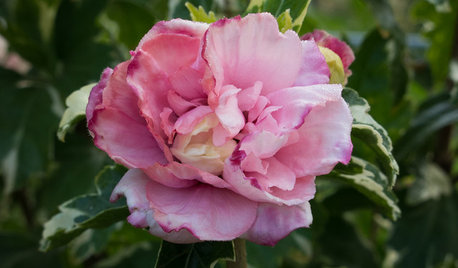
GARDENING GUIDESGreat Design Plant: Hibiscus Syriacus ‘Sugar Tip’
As pretty as a party dress, ‘Sugar Tip’ has layers of pink that catch the eyes of butterflies
Full Story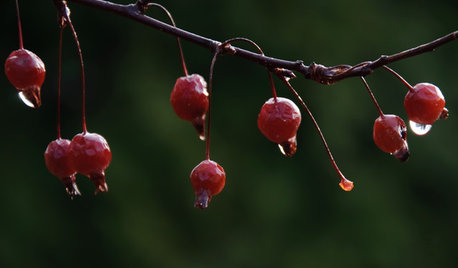
GARDENING FOR BIRDSFeed the Birds: 6 Plants for Abundant Winter Berries
Be kind to your fair feathered friends during lean food times by planting a shrub or tree loaded with nutritious snacks
Full Story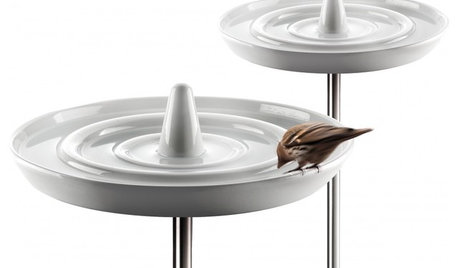
GARDENING AND LANDSCAPINGDesign Details: Outdoor Decor for the Birds
Feeders, Houses and Baths for Our Feathered Friends
Full Story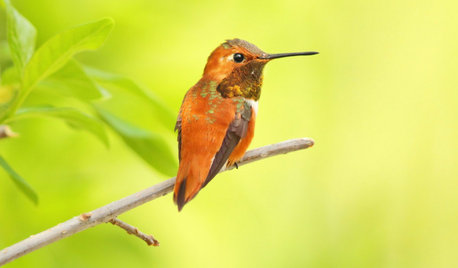
GARDENING GUIDESBackyard Birds: Invite Entertaining Hummingbirds Into Your Garden
Hummingbirds — unique to the Americas — zip through open landscapes seasonally or year-round. Here’s how to attract them
Full Story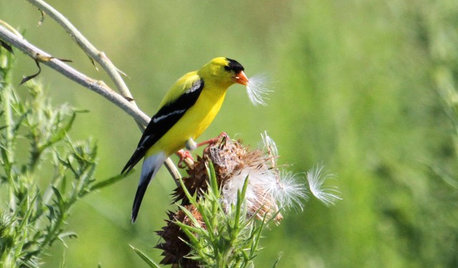
GARDENING FOR BIRDSWild Birds Transform a Woman’s Garden and Life
How Sharon Sorenson created a wildlife haven and became the Bird Lady of Southern Indiana
Full Story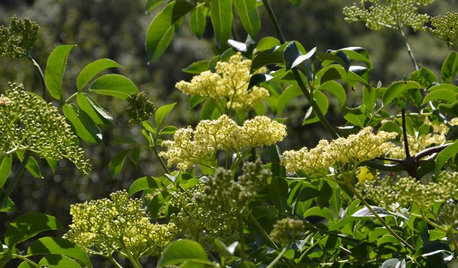
GARDENING GUIDESGreat Design Plant: Sambucus Nigra Caerulea for the Birds
Blue elderberry is a favorite of birds and other wildlife in its native California
Full Story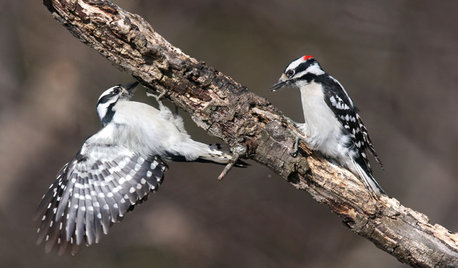
GARDENING FOR BIRDSBackyard Birds: How to Identify Two Common Woodpeckers
Downy and hairy woodpeckers have similar coloration and behavior. But there are two big differences that separate them
Full Story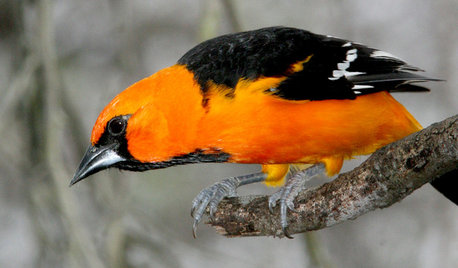
GARDENING GUIDESBackyard Birds: Orioles Return After Spending Winter in the Tropics
These colorful songbirds prefer woodlands and forest edges, but they’ll visit yards with fruit-producing trees and shrubs
Full Story
GARDENING FOR BUTTERFLIESGardening for the Bees, and Why It’s a Good Thing
When you discover how hard bees work for our food supply, you may never garden without them in mind again
Full Story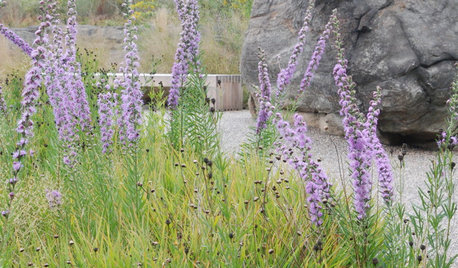
INSPIRING GARDENSNative Plants Inspire and Educate at NYC's Botanical Garden
Stroll through the new Native Plant Garden with us to get great ideas for plant choices and sustainability
Full Story





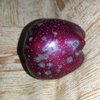
glib
olpea
Related Professionals
Essex Landscape Architects & Landscape Designers · Prairie Ridge Landscape Architects & Landscape Designers · Wilmington Landscape Contractors · Dunwoody Landscape Contractors · Gaithersburg Landscape Contractors · Lynchburg Landscape Contractors · Newnan Landscape Contractors · Quincy Landscape Contractors · San Carlos Park Landscape Contractors · Snoqualmie Landscape Contractors · Stony Brook Landscape Contractors · View Park-Windsor Hills Landscape Contractors · Waltham Landscape Contractors · Palos Hills Landscape Contractors · Vadnais Heights Landscape Contractorsalan haighOriginal Author
brookw_gw
alan haighOriginal Author
windfall_rob
alan haighOriginal Author
glib
olpea
windfall_rob
canadianplant
alan haighOriginal Author
Noogy
mrsg47
northwoodswis4
alan haighOriginal Author
Konrad___far_north
strobiculate
canadianplant
alan haighOriginal Author
canadianplant
hoosierquilt USDA 10A Sunset 23 Vista CA
alan haighOriginal Author
bamboo_rabbit
Cali Roberts